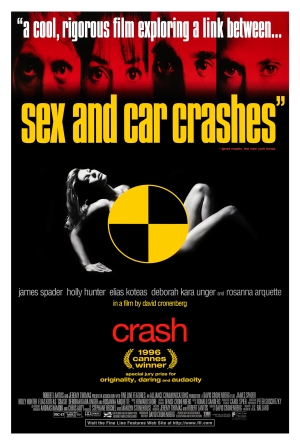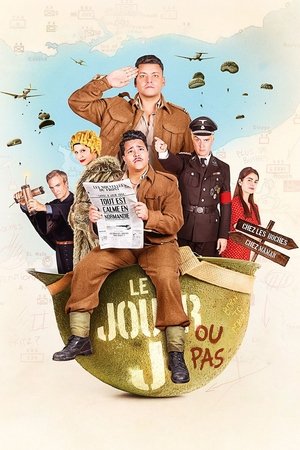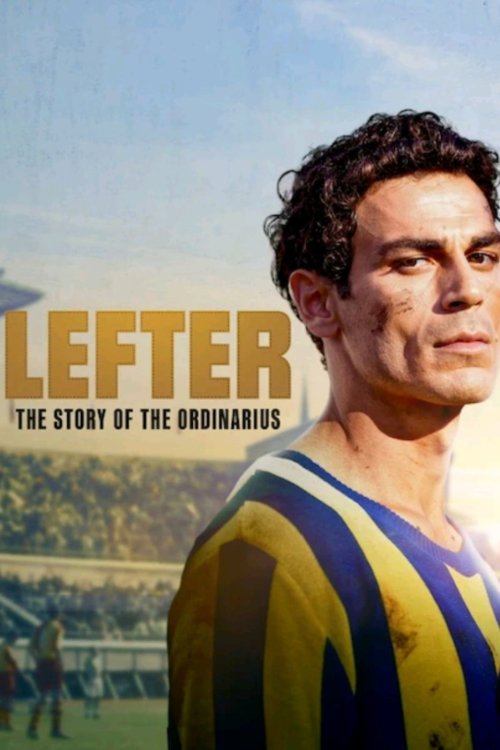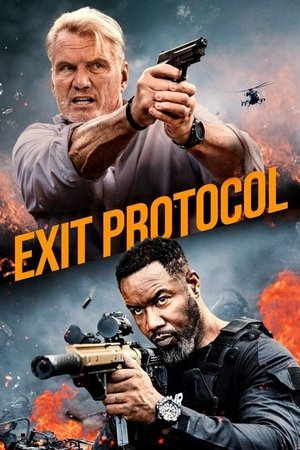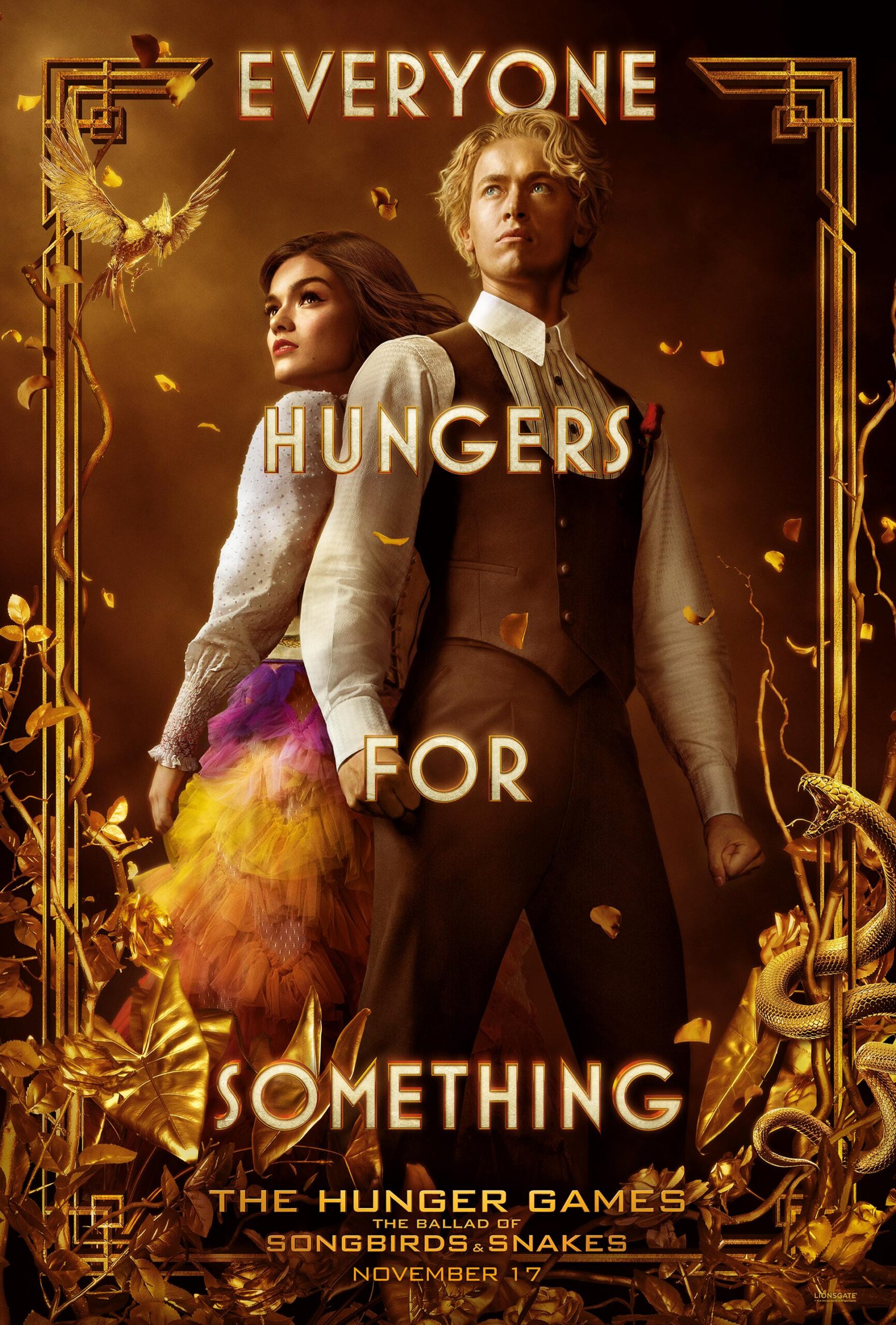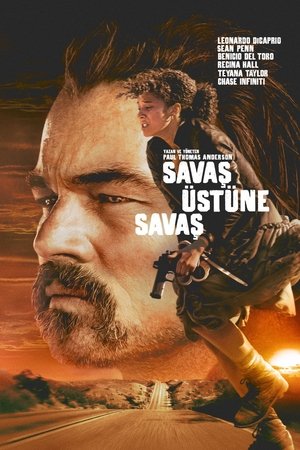‘The Running Man’s Edgar Wright Used These Unexpected ’80s Game Shows To Make It Feel Like UFC Meets ‘American Idol’
In the 1980s, television made humiliation look like harmless fun. Forty years later, Edgar Wright calls it prophecy. The path to The Running Man began with It’s a Knockout! and 3-2-1, two surreal British game shows that turned confusion and chaos into national entertainment. On It’s a Knockout!, ordinary people in costumes stumbled along obstacle courses while the crowd cheered. On 3-2-1, contestants solved riddles so bizarre that even the winners often left empty-handed. Together, they formed a picture of spectacle without empathy, a kind of cheerful cruelty that fascinated Wright.
At a premiere screening followed by a Q&A at the TIFF Lightbox in Toronto on November 12, Wright described to viewers and the media, including Collider’s own Tania Hussain, that his adaptation of the Stephen King novel has vibes of “UFC meets American Idol” for a satire built from decades of television evolution. “Michael Bacall [my co-writer] and I watched some very obscure British game shows,” he said. “A game show called It’s a Knockout!, a game show called 3-2-1.” He explains that what connected them was their ability to turn absurdity into ritual. Their laughter carried a hidden darkness, and that darkness became the emotional foundation of his Running Man.
The Shows That Turned Humiliation Into Entertainment
It’s a Knockout! and 3-2-1 were, on the surface, innocent. Contestants ran through slapstick challenges, guessed impossible clues, and performed for the delight of a studio audience. Families gathered around the television to laugh, not realizing they were watching early blueprints for something more cynical. Both shows invited the same reaction: amusement at someone else’s failure or confusion. That dynamic fascinated Wright. “When the book was written, you hadn’t had twenty-five years of reality TV,” he said. “Now, people know how the sausage is made.” In other words, audiences now recognize the manipulation behind every competition. But long before the rise of reality television, It’s a Knockout! and 3-2-1 had already taught viewers that embarrassment could be entertaining. They made ordinary people the center of attention not through talent or achievement, but through struggle.
Wright realized that this impulse was the missing link between Stephen King’s 1982 novel and the world of 2025 in which it is set. The laughter of those shows evolved into something sharper. What had once been foam suits and baffling riddles became confessionals, eliminations, and “villain edits.” “Members of the public are not supposed to be made national laughingstocks,” Wright said. “But that’s literally a phrase now.”
For Wright and Bacall, that phrase defined the story they were telling. Their version of The Running Man does not exaggerate television’s cruelty; it simply holds it in place long enough for audiences to see it clearly. The show-within-the-film reflects how spectacle has absorbed morality. “When Glen [Powell] is backstage as Ben Richards with his co-competitors, they’re all best pals,” Wright explained. “Until he goes out there, and suddenly he’s the villain. That immediate betrayal, that switch, is what reality TV is built on.”
That same switch made It’s a Knockout! and 3-2-1 addictive. Every fall, every wrong answer, every ridiculous costume turned discomfort into laughter. The audience was safe because the failure belonged to someone else, but Wright saw the cruelty inside that comfort.
A Dystopia That Feels Uncomfortably Familiar
When King first wrote The Running Man, it was a warning. The idea that ordinary people might compete for survival on live television still felt grotesque. When the 1987 film adaptation arrived, its satire seemed exaggerated, a colorful mockery of media excess. But in Wright’s hands, the same premise feels disturbingly plausible. The sets resemble game-show stages, the cameras are real, and the audience is genuine. Wright’s film collapses the line between fiction and documentary. It does not invent the future; it observes the present and removes the filter of irony.
Just before filming began in late 2024, Wright watched a documentary about The Jerry Springer Show. “It confirmed absolutely everything that was in the script,” he said. The manipulation, the editing, the moral theater were already there. It’s a Knockout! and 3-2-1 had been the prototypes, and reality television had perfected the design. That realization became the heartbeat of Wright’s adaptation. His Running Man is not a film about technology or politics; it is a story about performance. The contestants, the audience, and the producers all play roles in the same machine. The game never ends because the applause never stops.
Wright has explored this theme throughout his career. Scott Pilgrim vs. the World turned a comic book spectacle into an emotional reckoning. Last Night in Soho used nostalgia to expose the darkness beneath memory. With The Running Man, he aims for entertainment itself. By tracing the lineage from It’s a Knockout and 3-2-1 to modern television, he shows how easily laughter can turn into cruelty and how willing audiences are to keep watching. King imagined an age when death would become entertainment. Wright looks around and asks a harder question: when did we stop noticing?
The Running Man is now in theaters.
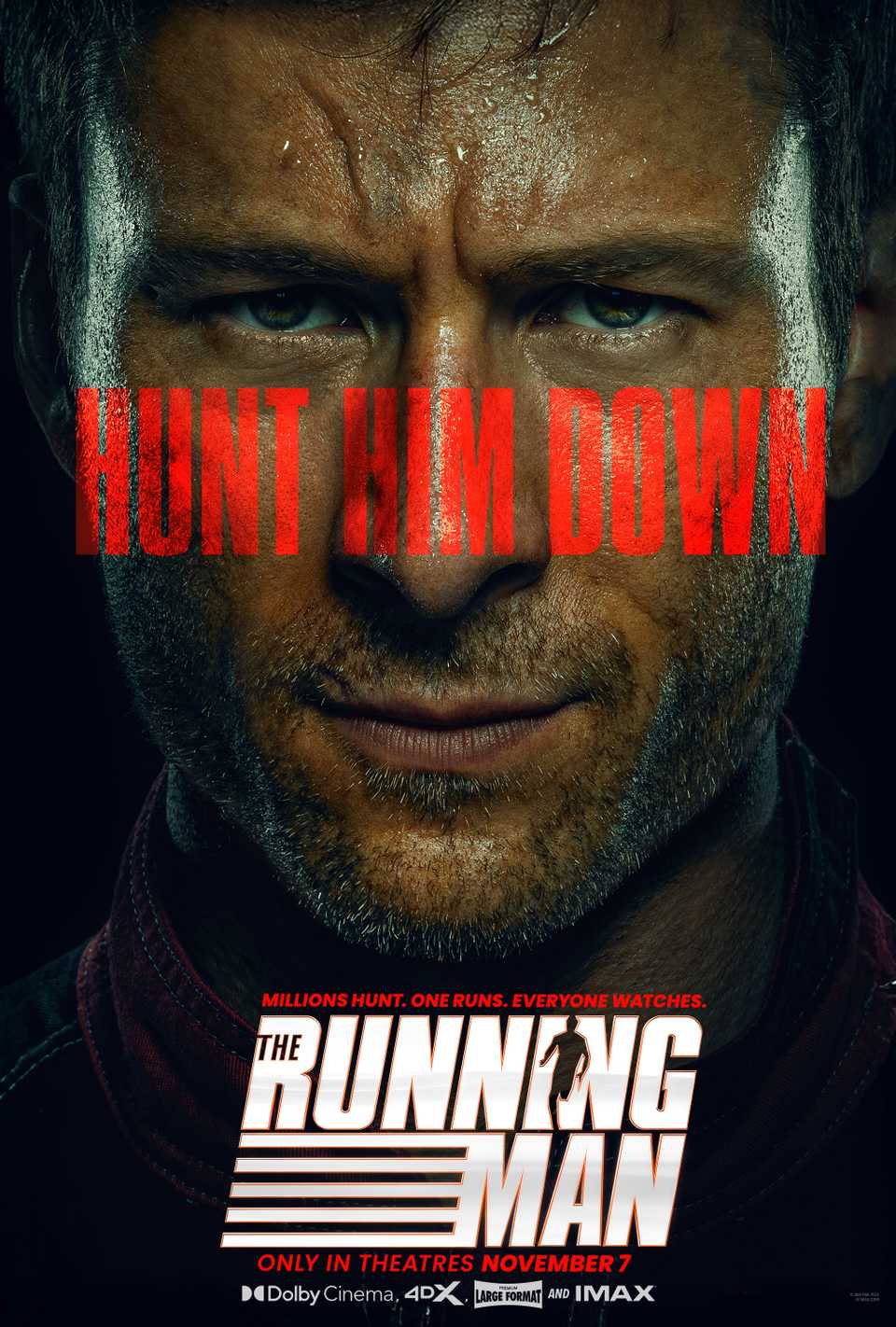
- Release Date
-
November 14, 2025
- Director
-
Edgar Wright
- Producers
-
George Linder, Nira Park, Simon Kinberg









